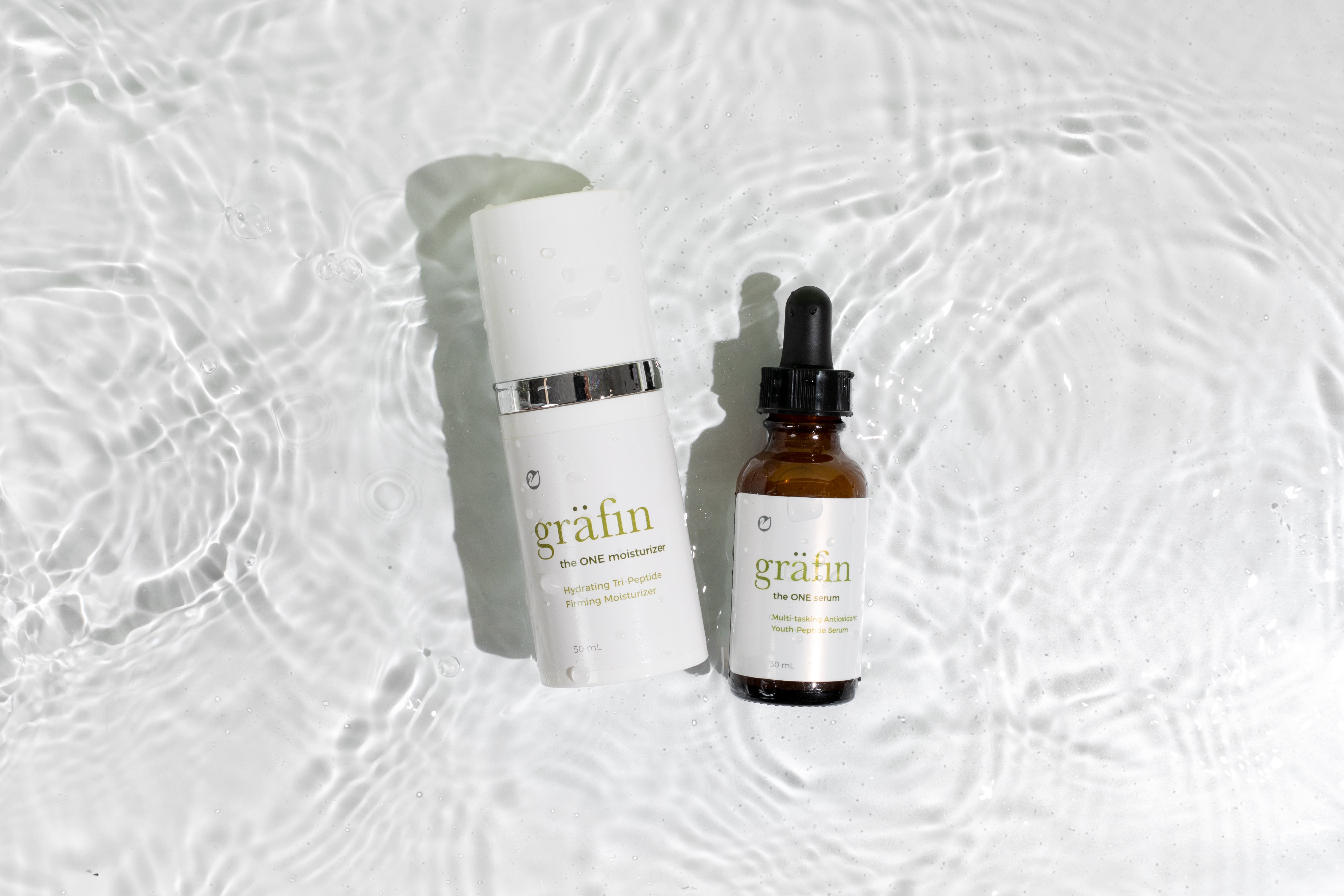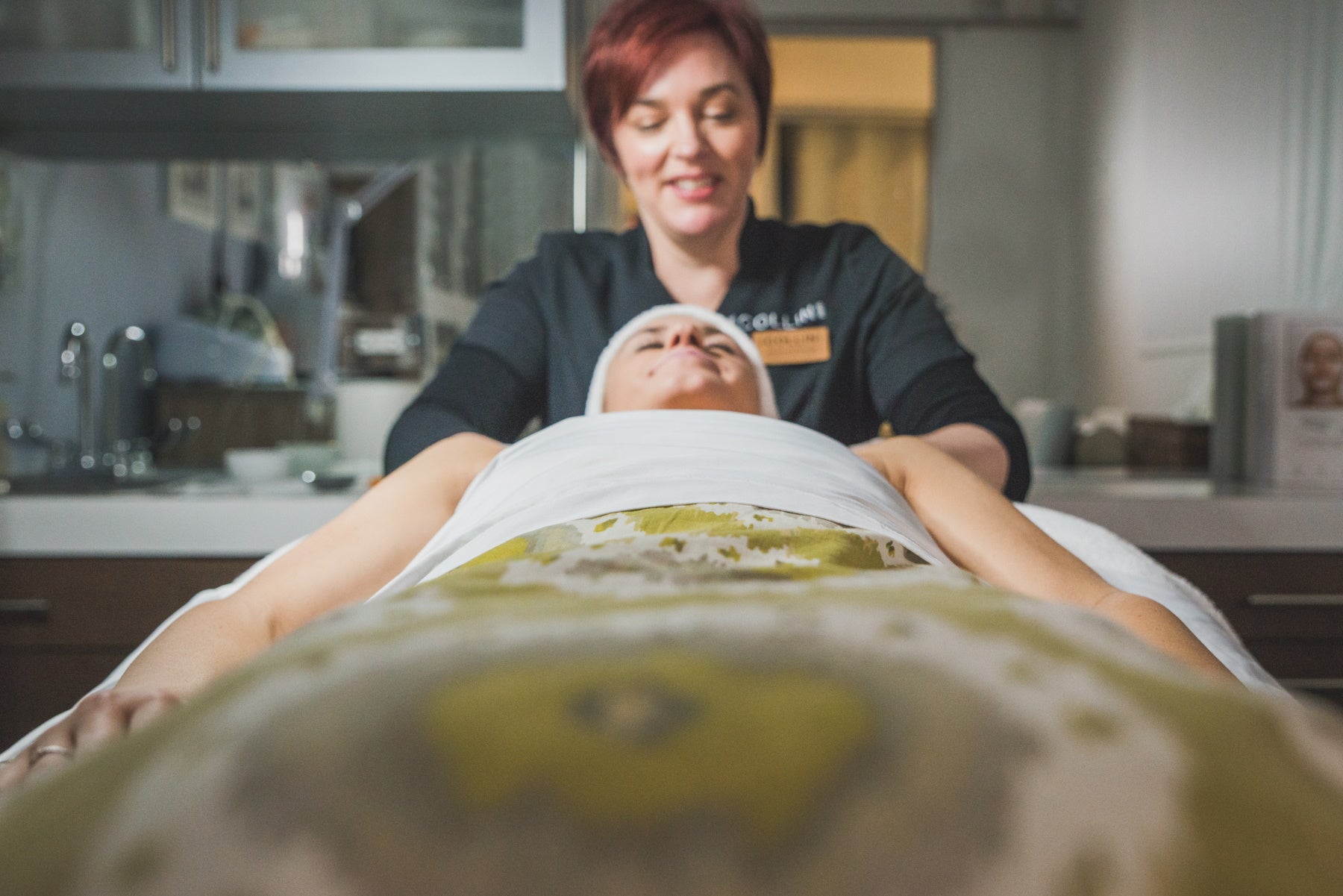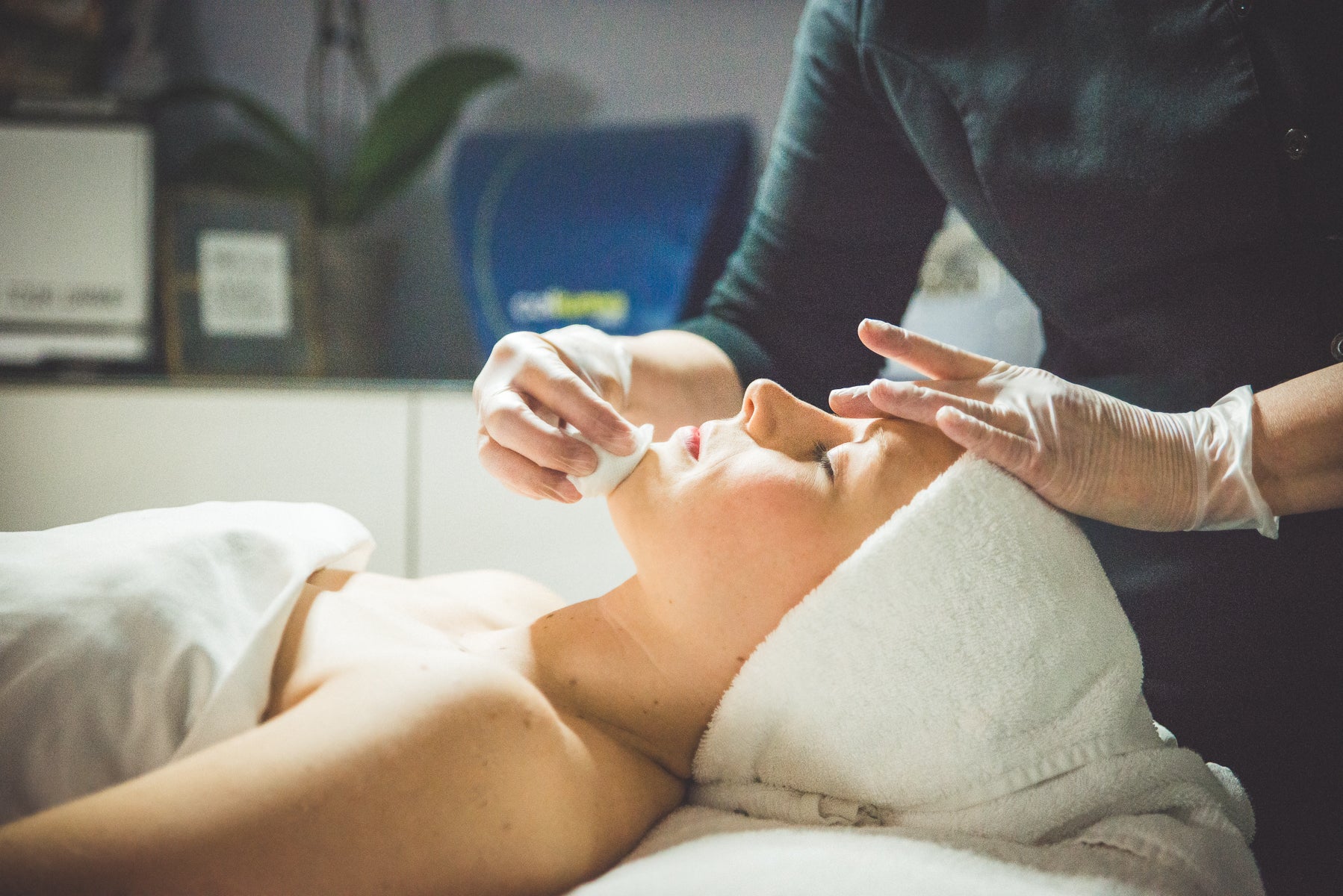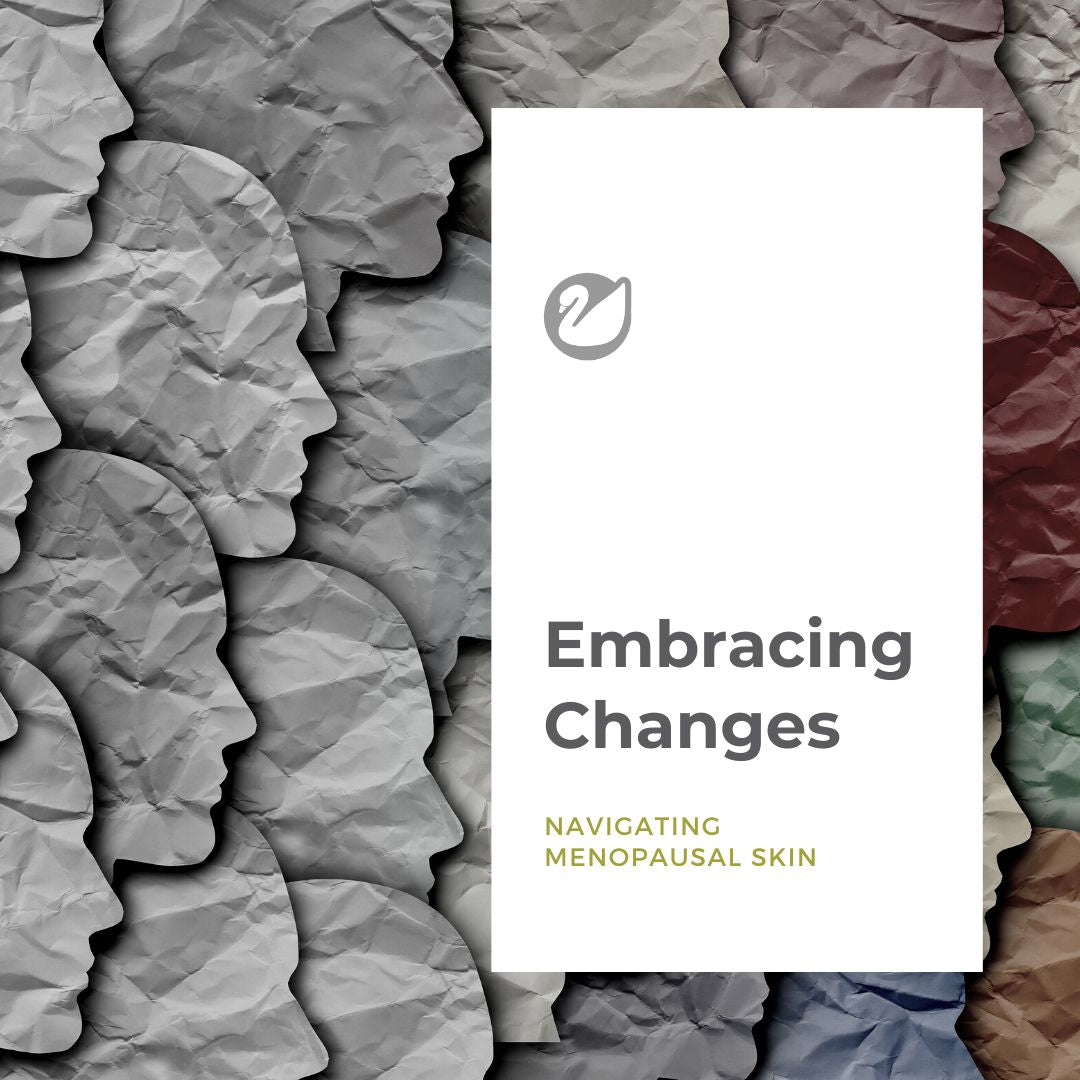Is Your Skin Barrier Holding You Back?
When your skin’s barrier is compromised, it doesn’t just show up as dryness or redness—it’s your skin’s way of saying, “I need some love.” You might notice irritation, flaking, or even increased sensitivity. Beyond those symptoms, a damaged barrier leaves your skin vulnerable to environmental stressors and reduces how well your favorite skincare products work.
Think of your skin’s barrier as a brick wall—your skin cells are the bricks, and healthy fats (like ceramides) are the mortar holding it all together. Without the mortar, the wall starts to crumble, leaving your skin exposed to outside stressors like pollution, harsh weather, and UV rays.
Restoring and protecting your skin barrier doesn’t have to be complicated. It’s the essential first step before diving into advanced treatments like anti-aging or brightening regimens. When your barrier is strong, it helps your skin absorb and utilize active ingredients more effectively, making every product in your routine work harder for you.
How to Tell if Your Barrier Needs a Little TLC
Do any of these sound familiar?
• Your skin feels tight or dry, especially after cleansing.
• Redness, itching, or flaking has become more noticeable.
• Your go-to products suddenly seem to irritate your skin.
If so, it’s time to press pause, listen to your skin, and focus on rebuilding its strength.
How to Protect and Restore Your Skin Barrier
Here’s where we simplify skincare and focus on what matters most:
1. Switch to gentle cleansers: Choose hydrating options that cleanse without stripping, in general, milk cleansers are more gentle than foaming.
2. Hydrate consistently: Use moisturizers rich in ceramides, hyaluronic acid, or peptides—ingredients your skin craves to repair itself.
3. Introduce new products slowly: Patience pays off. Let your skin acclimate to avoid unnecessary irritation.
4. Limit exfoliation: Gentle exfoliation (once or twice a week) can help, but overdoing it can break down your barrier even more.
5. Shield your skin: SPF is non-negotiable. A broad-spectrum sunscreen protects your barrier from UV damage and prevents further stress.
6. Seal it in with oils: Face oils can lock in hydration and provide a nourishing boost, especially in dry climates.
7. Add recovery days: Take breaks from actives like retinol and AHAs to let your skin focus on hydration and healing.
Taking care of your skin’s barrier is more than just another step in your routine—it’s the foundation for long-term skin health. Think of it as giving your skin a much-needed hug when it’s feeling overwhelmed.
Bonus Tip: Ever notice how much better your skin feels in humid environments? A humidifier can be your barrier’s best friend, especially in dry seasons. Adding moisture to the air supports your skin’s health from the outside in.






Leave a comment
This site is protected by hCaptcha and the hCaptcha Privacy Policy and Terms of Service apply.